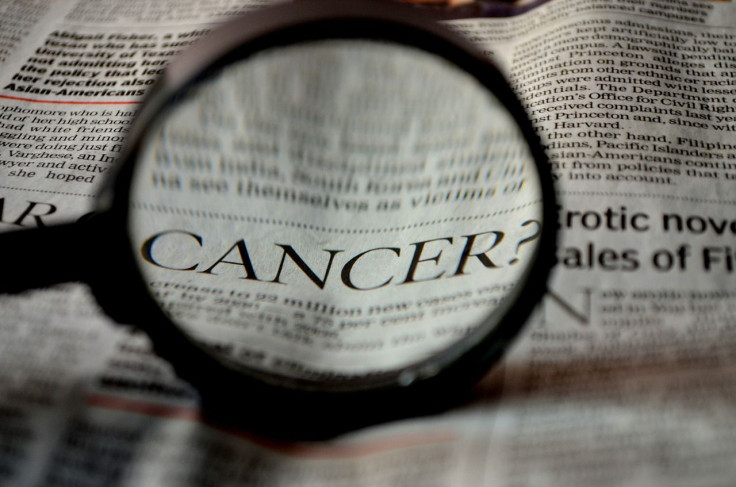Cancer Vaccines Exist But They Are Hard To Obtain: Here's Why
Cancer vaccines may seem like an otherworldly concept. The idea of a vaccine targeting cancer cells appears to be something straight out of a sci-fi flick. But the reality is they exist in the present. However, obtaining them for your consumption is a bit tricky.
Cancer vaccines currently exist in clinical trials, with a few exceptions. Scientists are still hard at work developing and perfecting the vaccines. Getting your hands on one is much more complicated than getting the flu shot or the COVID-19 vaccine, according to Fortune Well.
Because there are more than 100 types of cancer, there isn’t a one-size-fits all solution. The vaccines in clinical trials are even personalized to target the specific type of cancers of the participants. This would mean that developing the vaccines takes a lot of time.
The processes involved in making personalized cancer vaccines or “bespoke therapies,” as what Dr. Phillip Febbo, the chief medical officer at biotechnology company Illumina, calls them, are patient-specific.
A specialist must first determine which tumors can be reached via a biopsy for each patient. After a biopsy, Illumina genetically sequences the tumor cells to determine the best vaccine composition that would yield the most promising effects for the patient. Once the vaccine is produced, it is delivered to the patient for administration.
Each step takes weeks to months, so patients have to wait long before they can have their personalized cancer vaccines. Mayo Clinic’s professor of immunology Dr. Keith Knutson told Fortune that the entire process usually takes about six months to complete.
Outside of clinical trials, the future of cancer vaccines is bleak for the underprivileged and less-fortunate. Experts said medical advancements such as this would likely remain out of reach for many members of marginalized populations.
In addition, cancer vaccines are not for all cancer cases. The bulk of vaccines being developed are for those with advanced disease. Febbo explained that the “natural progression of medicine” always starts with those most in need. So, for now, the focus of clinical trials is far from patients with earlier disease stages.
The medical community’s effort to come up with cancer vaccines started way back in the 1980s. But at present, only a handful of vaccines earned the approval of the U.S. Food and Drug Administration. The latest advancement in this field is BioNTech and Moderna’s mRNA cancer vaccines. Their goal is to teach the body to trigger an immune response to lab-created messengers.

Published by Medicaldaily.com



























